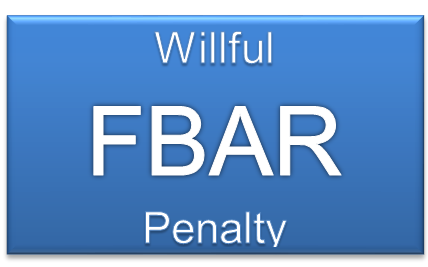
Real estate ownership in a Self-Directed Investment Retirement Account (IRA) can provide certain tax benefits to taxpayers who are considering an investment in real estate. However, a retirement account considering such a strategy should be familiar with IRS rules and potential tax consequences associated with violating those rules.
A self-directed IRA can provide a taxpayer with the ability to control his or her real estate assets as well as an “above the line” deduction for income tax purposes. In addition, any income generated from the property as well as the gain from its sale is deferred until such time as the investment is withdrawn.
Section 4975 of the Internal Revenue Code
The IRS rules against self-dealing and conflicts of interest (“Prohibited Transaction”) are contained in Section 4975 of the Internal Revenue Code and can result in significant financial consequences to the investor.
The term “Prohibited Transaction” refers to the direct or indirect:
- sale, lease or exchange of property between a plan and a disqualified person;
- a loan or any extension of credit between a plan and a disqualified person;
- furnishing of goods, services or facilities between a plan and a disqualified person;
- transfer or use of the income or assets of a plan to a disqualified person (including using the assets indirectly for the benefit of that person);
- act by a disqualified person who is a fiduciary whereby he deals with the income or assets of a plan in his own interest or for his own account; and
- receipt of any consideration for his own personal account by any disqualified person who is a fiduciary from any party dealing with the plan in connection with a transaction involving the income or assets of the plan.
Entering into a Prohibited Transaction, even if the amount is insignificant, can trigger a taxable event resulting in tax, penalties and interest. The rules also apply without regard to the form of ownership. Accordingly, the IRA holding real estate in an investment company or a limited liability company does not guarantee that the transaction will not be considered “Prohibited.” Some examples of Prohibited Transactions include: the escrow of sales proceeds with someone other than an IRA Custodian, using real estate held in an IRA in order to pay off personal debt, or doing repairs or routine maintenance (such as painting on the property).
Furthermore, where the IRA invests in real estate other than for investment purposes, the taxpayer may be subject to Unrelated Business Income Tax (UBIT). An example would be an IRA that is routinely engaged in flipping properties. In this regard, real estate held in a retirement account would be considered inventory rather than an investment in real estate. UBIT could also be triggered if a retirement account acquires an interest in an operating business that is engaged in the purchase and sale of goods.
If you are considering a real estate ownership in a retirement account or your retirement account currently owns real property, and the IRA has decided to sell and acquire a replacement property, you should consult with an experienced and knowledgeable tax attorney prior to taking any action.








